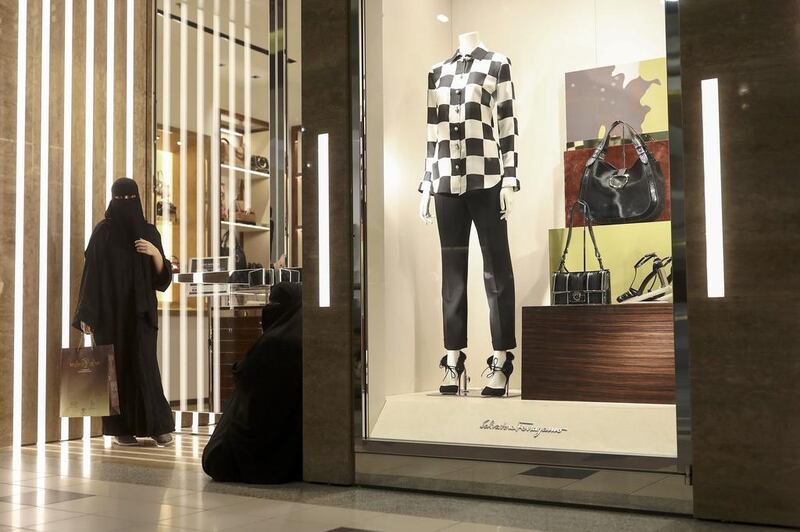Change is never easy. On an individual level, it takes diligence and hard work to change a habit. Numerous self-help books have been written on the process. It’s an ever-growing business that will not grow old.
But what if a country wants to change? Moreover, what if the people in that country are hesitant to change?
This is the reality of Saudi Arabia today. For a few years now, talking about change has shown that, it is not Saudi, but the citizens of the country who are wary, sceptical or resistant to change.
Many outsiders and political analysts argue that the Saudi government is the one standing in the face of change demanded by its citizens. They assume that the population is predominantly liberal and is caught up in a conservative setting. They believe that a top down approach to change is the only way forward.
Insiders know otherwise.
As a Saudi woman, I’m usually impatient for change to happen. However, when examining the situation in the country from an objective perspective, I realise that it is not as easy as it seems. Whether we like it or not, the majority of the country seem to be hesitant or opposing to change, especially change relating to the situation of women in the country.
It is difficult and almost impossible to provide statistical numbers of how the Saudi population is divided among itself. First, many do not like to label themselves as conservatives or liberals. Second, some Saudis who do not shy away from labelling themselves as liberals might forget that the core principle of liberalism is individuality. Such concepts stand contrary to values held dear by a society that emphasises family and tribe over individualism and liberty.
More from Eman Alhussein:
[ A new social and political climate emerges in Saudi Arabia ]
[ In Saudi Arabia, social norms begin to change ]
Add to that, there is a large part of the Saudi population that is not under the gaze of cultural and political commentators. This group does not see itself as liberal or conservative; it is uncomfortable with liberal demands, but also views some conservative values as outdated. They are more content, however, with maintaining the cultural status quo in the country, believing that change might bring immorality and chaos.
It is no wonder that decision makers in Saudi Arabia are aware of these various factions within the society. Saudi Arabia's Crown Prince Mohammed bin Salman talked to the Washington Post in April this year about change in the country. The prince told the newspaper that he is concerned about people's readiness for change. He said, "The most concerning thing is if the Saudi people are not convinced. If the Saudi people are convinced, the sky is the limit."
Perhaps the young prince is testing the population's willingness by proposing the Red Sea project, an ambitious plan to transform Saudi Arabia's coastline into luxury sea resorts. The project has already created heated debate on Saudi Arabia's preferred discussion platform, Twitter.
The Red Sea project generated three main responses. Some were positive and optimistic, arguing that the project will benefit Saudi Arabia’s social and economic life.
The other two responses were critical. One argued that the project will allow women to wear swimwear, especially since the resort will be in a “semi-autonomous” area that would lift the conservative norms followed in the rest of the country. They worry that such relaxed laws will, inevitably, find their way into the Saudi society. These are the conservatives who are still disappointed that the government has curbed the power of the religious police last year.
The other group is critical that such lenient and relaxed approach is always granted to foreigners, not to the wider Saudi population. They argue the residential compound for the Saudi Arabian Oil Company in the Eastern Province has allowed foreigners to live normally, and for women to drive cars with no restrictions. This group believes that change should be implemented throughout the country, and it should specifically target the situation of women as a cornerstone of achieving the country’s vision of 2030.
Luckily, the construction of the first phase of the project will not start until 2019, ample time to introduce the reality of change for those hesitant. The government constantly unveils new projects and tests the population by, subtly, changing the cultural dogma. The majority of the youth in Saudi will, perhaps, help change the equation. However, the voices of the conservatives, and their influence over the majority of the population that is wary of change, will be the dominant factor in the push for change.
Eman Alhussein is a researcher on Middle East affairs
Follow The National's Opinion section on Twitter





